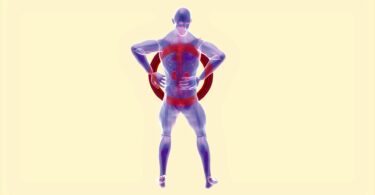Parkinson’s disease has become an extremely common neurological condition throughout the world...
Health conditions
Almost 10 percent of Americans say they have or have had cancer...
A new Gallup survey finds that almost 10 percent of Americans say they have or have had cancer...
Community living for people with dementia can have tremendous...
Today, some 500,000 people in the US are diagnosed with dementia each year. Black Americans are...
Pay attention to your feet!
Pay attention to your feet! You need them. Talk to your doctor if they look different, feel...
Progress in treating Alzheimer’s
Alzheimer’s disease develops when tiny amyloid-beta plaques build up between neurons in our...
The immediate and long-term risks of even one alcoholic drink a...
Jillian Wilson writes for the Huffington Post on a new federal study that highlights both the...
Health care in Austria: A lesson in the virtues of relaxation
Saskia Solomon reports for The New York Times on health care in Austria, where the focus is on...
What to know about chronic kidney disease
Some 15 percent of adults in the US have chronic kidney disease and the vast majority of them...
Reduce your risk of diabetes, eat healthy
Diabetes is most prevalent among people over 65. As many as 26 percent of older Americans have...
AI wearable robot can help stroke patients move
Neurodegenerative diseases, such as ALS and stroke, often result in lack of motor function. It...










